China controls the rare earth industry - Koon Yew Yin
Koon Yew Yin
Publish date: Tue, 28 Dec 2021, 07:45 AM
In 1965 my friends and I founded BEH Mineral Sdn Bhd. The company recovered Lithium Oxide from the tin tailings. Lithium is classified as one of the rare earths which is used to make colour television tubes. At that time all the televisions were black and white. Currently Lithium has more uses such as electric car batteries which are smaller and require shorter charging time.
Rare-earth elements (REEs) are used as components in high technology devices, including smart phones, digital cameras, computer hard disks, fluorescent and light-emitting-diode (LED) lights, flat screen televisions, computer monitors, and electronic displays. Some REEs are used in fluorescent and LED lighting.
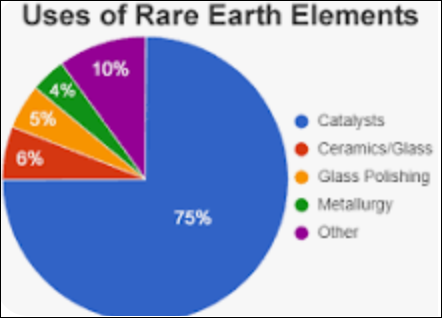
China has approved the creation of one of the world’s largest rare-earths companies to aim to maintain its dominance in the global supply chain of the strategic metals as tensions deepen with the U.S., according to people familiar with the matter.
The new firm will be called China Rare Earth Group and will be based in resource-rich Jiangxi province in southern China as soon as this month, the people said. The new entity would be created by merging rare-earths assets from some state firms, including China Minmetals Corp. , Aluminum Corp. of China Ltd. and Ganzhou Rare Earth Group Co.
The combined group is designed to further strengthen Beijing’s pricing power and avoid infighting among Chinese firms, and to use that clout to undercut Western efforts to dominate critical technologies, one of the people said.
Estimates of China’s dominance of the rare-earth industry vary. Some analysts say China mines more than 70% of the world’s rare earths and is responsible for 90% of the complex process of turning them into magnets, analysts say. A White House report has estimated that China controls 55% of the world’s rare-earth mining and 85% of the refining process.
China’s state-owned Assets Supervision and Administration Commission, which oversees the biggest state firms, didn’t respond to a request for comment. China Minmetals, Aluminum Corp. of China and Ganzhou Rare Earth Group didn’t respond to requests for comment.
In September, the listed subsidiary of China Minmetals said in a filing to the Shenzhen Stock Exchange that its parent was planning a strategic reorganization with Aluminum Corp. of China and the government of the city of Ganzhou, in Jiangxi province, an important centre for rare-earth production. The filing didn’t provide details and said the restructuring would be subject to government approval.
Rare earths are a group of 17 elements valued for their magnetic and conductive properties. They are used to manufacture a range of crucial technologies such as components in electric cars, smartphone touch screens and missile-defence systems. China’s dominance gives Beijing potential sway over makers of various fast-growing technologies.
The effort to consolidate the country’s position in rare earths comes at a time of increased sensitivity in the West that China could use its dominance in the industry as a geopolitical weapon.
Washington has raised concerns that Beijing could use its control of rare earths for strategic ends. In February, the U.S. Defence Department signed a technology investment agreement with Australia’s Lynas Rare Earths Ltd., which the Pentagon called “the largest rare earth element mining and processing company outside of China.” Under the terms of the deal, Lynas will establish a light rare-earth processing facility in Texas.
At around the same time, President Biden issued an executive order naming rare-earth minerals as one of four key areas in need of more robust policy options to reduce supply-chain risks.
A White House review published in June said the U.S. should expect China to restrict exports of rare earths. It recommended numerous steps to expand domestic production and processing capacity in order “to increase the resilience of strategic and critical material supply chains.”
A senior official at Beijing’s top body overseeing government-backed companies said in an October press conference that the Communist Party would promote the restructuring of rare-earth assets, citing the need to optimize resource allocation and build “a world-class enterprise with global competitiveness.”
For more than a decade, Beijing has taken steps to consolidate mining, production, trading and export of rare-earth materials under a smaller number of state-run enterprises. It has also set production and export quotas and in 2014 consolidated the country’s rare-earths companies into six entities—efforts aimed at boosting prices and enhancing China’s strategic power in an industry that officials once complained was populated with small, scattered and disorderly enterprises.
The 2014 consolidation followed a World Trade Organization ruling in favour of the U.S., which claimed China had breached global trade policy rules by imposing export restraints on various forms of rare earths as well as tungsten and molybdenum, which Washington said had driven up prices of the metals.
Beijing has also cited environmental protection goals in the reorganization moves, since mining can destroy landscapes and unlock radioactivity.
The reorganization efforts have often coincided with weakness in rare-earth prices, based on the idea that fewer companies would limit domestic competition and boost values for the metals.
Rare-earth prices have yet to return to the levels they reached in mid-2011, amid heavy speculation in China and elsewhere set off by a sudden realization of the critical importance played by the relatively small and obscure industry. Since then, rare-earth mining has expanded elsewhere, companies have introduced technology to minimize use of the metals and governments have put money and rhetoric behind efforts to compete with China’s industry.
A 2019 visit by Chinese leader Xi Jinping to major rare-earth operations in Jiangxi province was considered a seminal moment for the industry, and seen by Western governments as proof that Mr. Xi regarded the metals as strategic materials and could restrict their exports. The visit coincided with pressure on China by the Trump administration over Beijing’s trade practices more broadly.
China has no intention to use rare earths as a countermeasure against any country, the state-run Global Times wrote earlier this year, though it added that it remains an option when “foreign companies hurt China’s interests.”
More articles on Koon Yew Yin's Blog
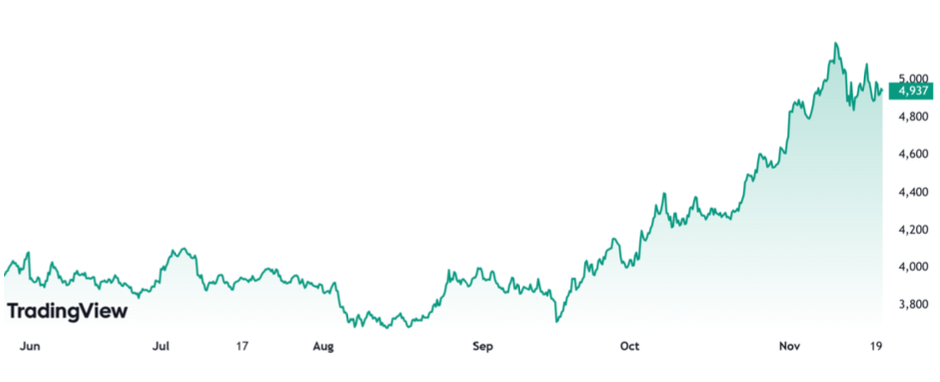
Created by Koon Yew Yin | Nov 21, 2024
Indonesia is the biggest palm oil producer in the world. Indonesia plans to implement biodiesel with a mandatory 40% blend of palm oil-based fuel from Jan. 1 next year, a senior energy ministry offici
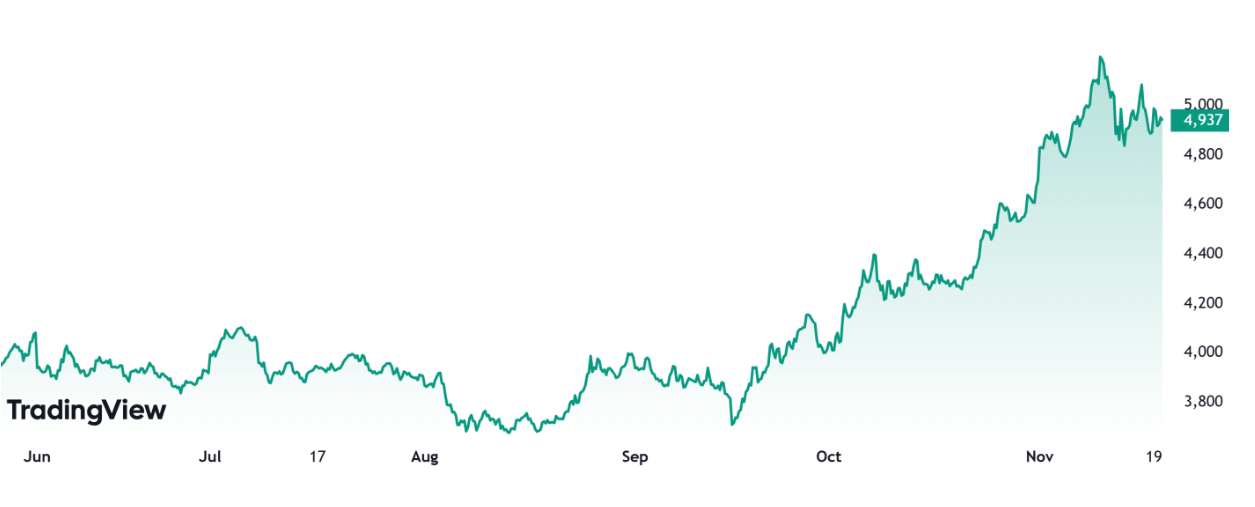
Created by Koon Yew Yin | Nov 20, 2024
Indonesia plans to implement biodiesel with a mandatory 40% blend of palm oil-based fuel from Jan. 1 next year, a senior energy ministry official said recently, lifting prices of the vegetable oil...

Created by Koon Yew Yin | Oct 30, 2024
Latest poll on 30th Oct 2024
Created by Koon Yew Yin | Oct 30, 2024
Latest poll on 30th Oct 2024
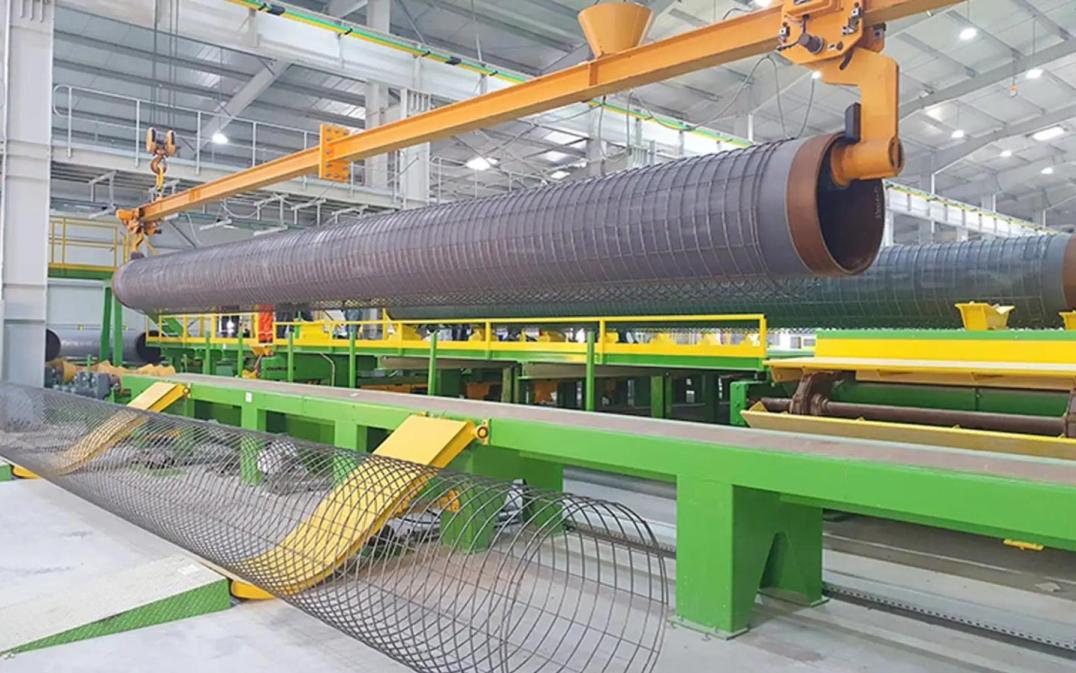
Created by Koon Yew Yin | Oct 25, 2024
The group is expected to deliver better profits and revenue from its pipe coating, engineering, and bioenergy segments.
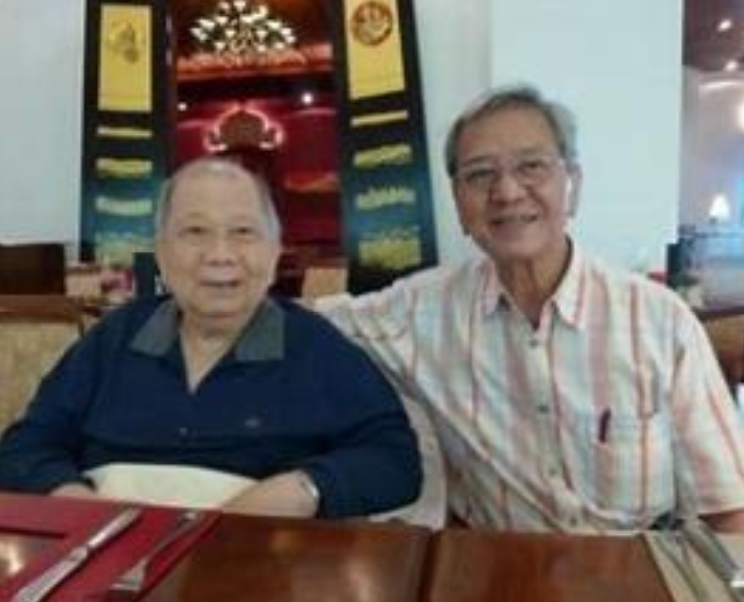
Created by Koon Yew Yin | Oct 14, 2024
Today I read the article by Murray Hunter titled “A Visit to the Malaysian Communist Party tunnels in Betong, Thailand”, which is an important part of Malaysia’s history.

Created by Koon Yew Yin | Oct 04, 2024
KSL is still the cheapest based on a 4.4 PE ratio, which means its share price should continue to go up. Unfortunately, there are a few small investors who always queue to sell at cheaper prices...
Created by Koon Yew Yin | Oct 04, 2024
KSL is still the cheapest based on a 4.4 PE ratio, which means its share price should continue to go up. Unfortunately, there are a few small investors who always queue to sell at cheaper prices...
Created by Koon Yew Yin | Sep 06, 2024
Water pollution is a huge challenge for freshwater in the UK, impacting our rivers, streams, and lakes and the wildlife that call them home.

Created by Koon Yew Yin | Sep 03, 2024
State housing and local government committee chairman Datuk Mohd Jafni Md Shukor said demand for properties in Johor has gone up since last year’s announcement about the SEZ.


















